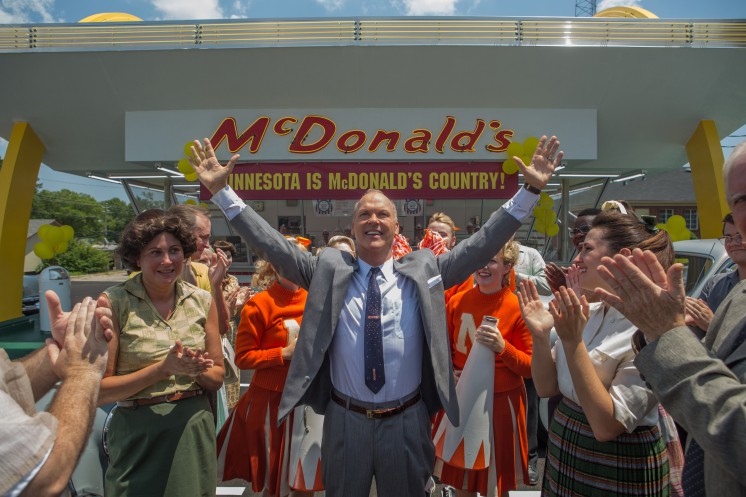
By Jason W. M. Ellsworth
Who founded McDonalds? The film, The Founder, tells the history of Ray Kroc as the founder of McDonald’s. It even opens, like many other Hollywood biographical films, with a simple set of words written in white letters set to a black backdrop — “based on a true story.” But, not everyone agrees that the credit should go to Kroc. The film’s title and focus on him gives the impression of a simple enough story, but, as the study of religion demonstrates, origins and founder narratives are usually highly contested with much at stake.
The Founder stars Michael Keaton as Ray Kroc, a traveling milkshake appliance salesman in the 1950s. Unsuccessfully pedaling machines one at a time to various drive up diners, Kroc is curious about one restaurant in California requesting eight of the appliances. When Kroc arrives, he finds a well-oiled diner that runs like a Ford assembly line, one where every burger is consistently of the highest-quality and served lightning quick — “orders ready in 30 seconds, not 30 minutes.” Mac and Dick McDonald are the architects of this highly stream-lined kitchen where no stone is left unturned in the name of efficiency. They originally opened their first McDonald’s BBQ in 1940, and then reopened their newly improved McDonald’s in 1948.
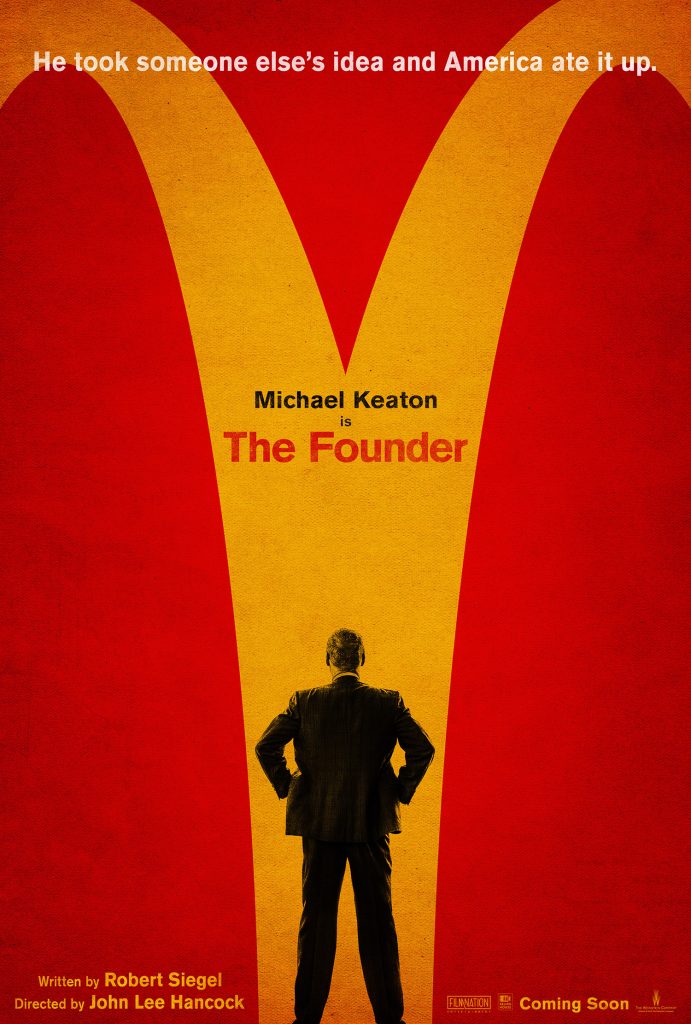
However, the film is not called The Founders, in the plural forum. Take a quick glance at the poster above — Michael Keaton as Ray Kroc is The Founder (at least in the eyes of the director and producers). Interestingly, the McDonald’s website does not name a founder at all. However, “The History of the Golden Arches™” is said to begin in 1955 — the same year Kroc opened his own location — but by then it was considered to be the 9th McDonald’s location.
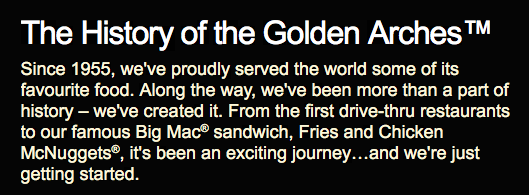
While Mac and Dick are mentioned on the site, Ray Kroc is front and center. For he “discovered” McDonald’s, thus making the Ray Kroc story one and the same as the McDonald’s story. Discovery, much like founding, serves the interests of those telling the narrative.
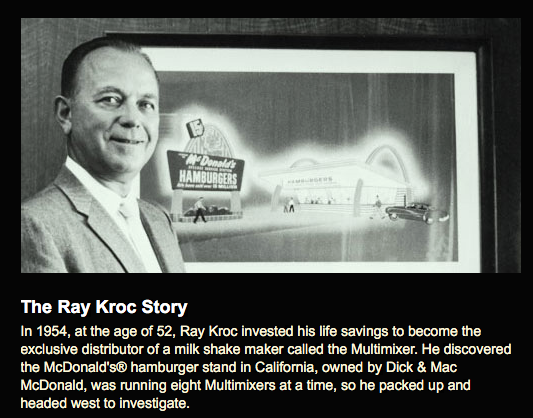
Not everyone is happy with the portrayal of Ray Kroc as the founder, as Jason French the grandson of Dick McDonald states: “I want people to know Ray Kroc is not ‘the founder’ of McDonald’s or fast food… It was my grandfather and his brother… Ray Kroc took an idea someone else had come up with.” John Lee Hancock the Director of the film acknowledges this in an interview stating that Kroc “was better at taking other people’s good ideas and making something from them.” And the film itself shows Kroc in this light, giving a more complicated picture to the origins of a fast food nation.
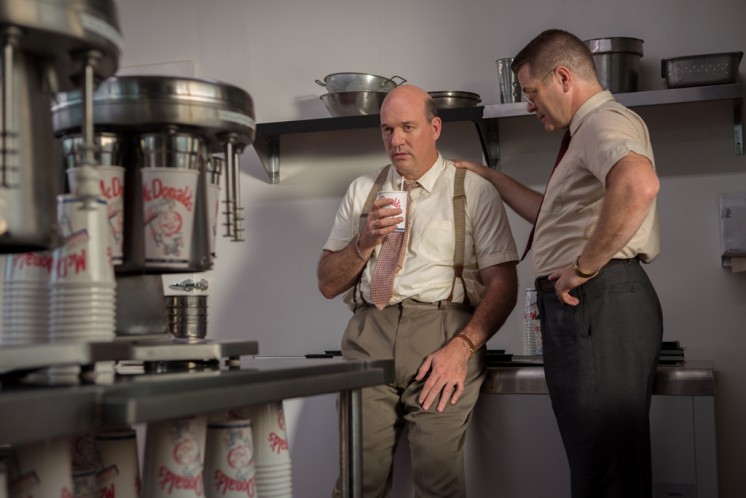
The controversy over the founding of McDonald’s is similar to debates found within the study of religion. One highlighted in a Huffington Post article asks “Who Founded Christianity? Some Say Jesus; Some Say Paul. What If Neither Did?” Deconstructing the claims within origin narratives can be a complicated process. A new book Varieties of Religious Invention: Founders and Their Functions in History, edited by Patrick Gray, presents five guiding questions that can help navigate an analysis of founding stories (religious or not). While I could make arguments for using all five here, I find the following three most relevant to the case of the founding of an iconic restaurant chain as much as a religion:
- Who is traditionally regarded as the founder, and what other “candidates” have been put forward? On what sorts of evidence and arguments do these claims rest?
- To whom do these debates matter? Is debate more urgent or intense during particular time periods than at others?
- When is “development” in a religious tradition perceived as “deviation” from its roots? To what extent is the founder assumed to define the “essence” of a religion? (Gray, p. 5-9)
In reworking the third question, we can ask: When is “development” in the McDonald’s business model perceived as “deviation” from its roots? To what extent is the Ray Kroc as founder assumed to define the “essence” of McDonald’s?
The case of The Founder is a good example showing how the tools, concepts, methods, and theoretical approaches used in the study of religion are suitable for examining other parts of society that are not usually equated with the religious realm. In the end, whether we name Mac, Dick, or Ray as the founder(s) of McDonald’s is not my central concern. Instead it is how these myths “based on a true story” are constructed origin narratives revealing the storyteller’s intentions and the corresponding social effects.
Jason W. M. Ellsworth is a doctoral student in the Sociology and Social Anthropology Department at Dalhousie University and is a Sessional Lecturer at the University of Prince Edward Island in both the Religious Studies and Sociology & Anthropology Departments. His research interests include the anthropology of religion, Buddhism in North America, marketing & economy, the anthropology of food, and transnationalism.
